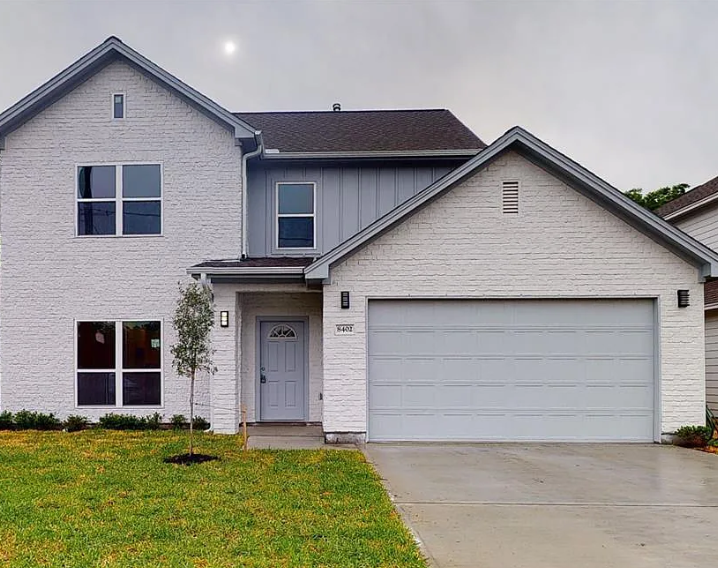The Pros and Cons of Buying a Fixer-Upper Home
Introduction: Buying a fixer-upper home can be an appealing option for those looking to enter the real estate market or seeking a property with renovation potential. While these homes offer the opportunity to customize and create your dream space, they also come with their own set of considerations. In this blog post, we’ll explore the pros and cons of buying a fixer-upper home to help you make an informed decision.
Pros of Buying a Fixer-Upper:
- Lower Purchase Price: Fixer-upper homes are often priced lower than move-in ready properties. This can provide an opportunity to purchase a home in a desirable location or neighborhood that may have been otherwise unaffordable. A lower purchase price allows for potential savings or budget allocation for renovations and improvements.
- Customization and Personalization: One of the main advantages of a fixer-upper is the ability to customize and personalize the space according to your preferences. You have the freedom to design and renovate the home to fit your lifestyle, needs, and aesthetic preferences. This creative process can be rewarding and result in a home that truly reflects your vision.
- Potential for Value Appreciation: By investing in a fixer-upper and making strategic renovations, you have the opportunity to increase the property’s value. Upgrading key areas such as the kitchen, bathrooms, or flooring can have a significant impact on the overall value of the home. If the market conditions are favorable, you can potentially generate a return on investment when selling the property in the future.
- Lower Competition: Fixer-upper homes often have less competition compared to move-in ready properties. This can work in your favor, as you may have more negotiating power and a higher likelihood of securing the property at a favorable price. With fewer buyers in the market for fixer-uppers, you may have more time and flexibility to make decisions without the pressure of competing offers.
Cons of Buying a Fixer-Upper:
- Renovation Costs and Time Commitment: Renovating a fixer-upper can be a substantial financial and time commitment. The costs of renovations can add up quickly, especially if unexpected issues arise during the process. It’s essential to carefully budget and plan for these expenses, ensuring you have the necessary resources and expertise to complete the renovations.
- Uncertainty and Potential Challenges: Fixer-uppers often come with unknowns and potential challenges. Hidden structural issues, outdated electrical or plumbing systems, or unforeseen problems may surface during the renovation process. It’s crucial to conduct thorough inspections and work with professionals to assess the property’s condition before committing to a purchase.
- Temporary Disruption and Inconvenience: Living in a home undergoing renovations can be disruptive and inconvenient. Depending on the scale of the renovations, you may need to temporarily live elsewhere or deal with noise, dust, and limited access to certain areas of the home. It’s important to consider the impact on your daily life and make alternative living arrangements if necessary.
- Limited Financing Options: Securing financing for a fixer-upper can be more challenging compared to move-in ready homes. Traditional mortgage options may have stricter requirements, as lenders consider the condition of the property. However, there are specialized loan programs, such as renovation loans or FHA 203(k) loans, designed for financing fixer-upper purchases and renovations.
Conclusion: Buying a fixer-upper home offers unique opportunities and challenges. The lower purchase price, customization potential, potential for value appreciation, and reduced competition are enticing benefits. However, the renovation costs, time commitment, uncertainty, inconvenience, and limited financing options require careful consideration. Before embarking on a fixer-upper journey, conduct thorough research, work with professionals, and carefully assess your budget, resources, and willingness to take on the challenges that come with renovating a home. With proper planning and realistic expectations, buying a fixer-upper can be a rewarding experience that results in a home you truly love.

